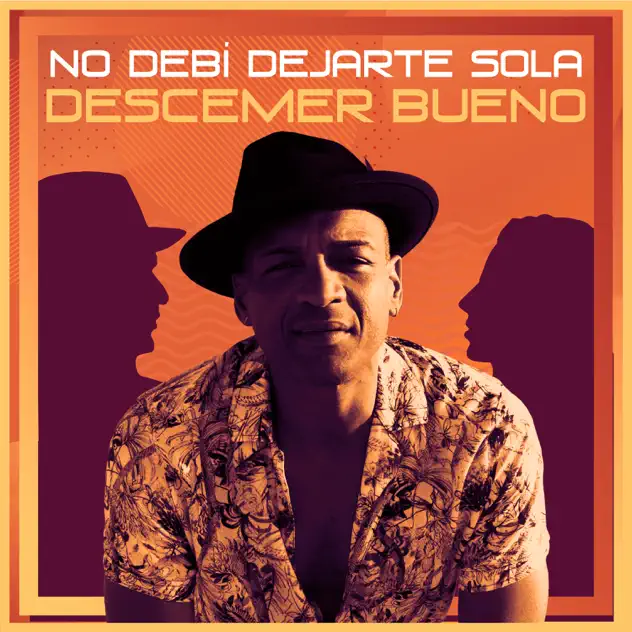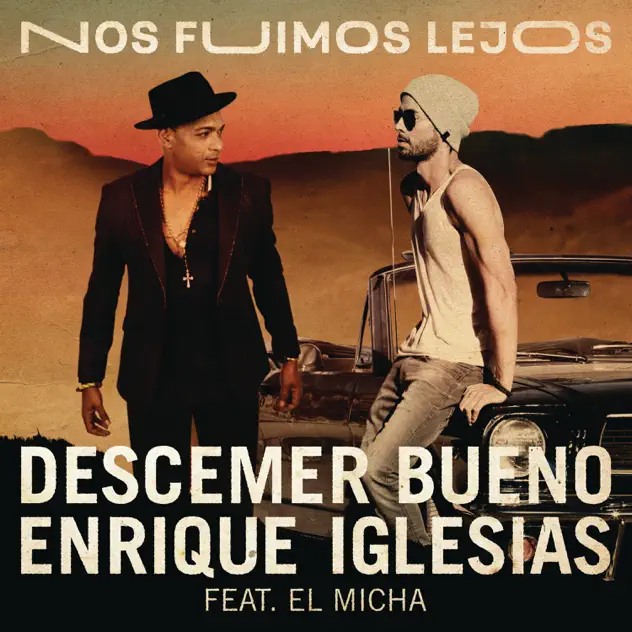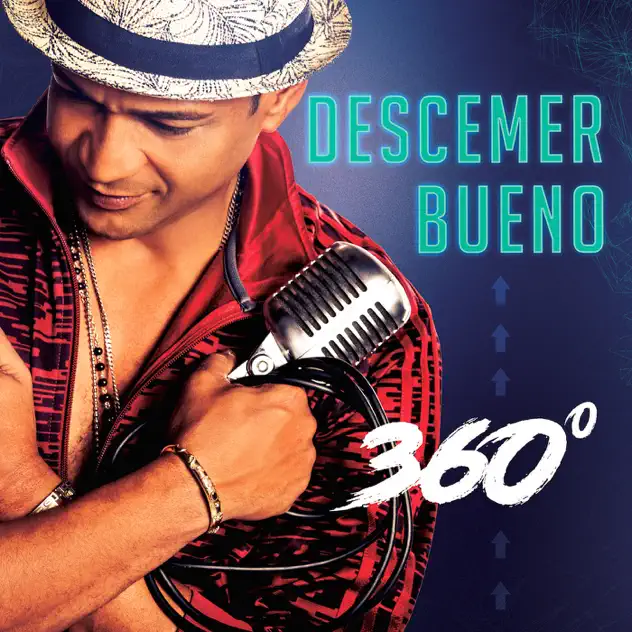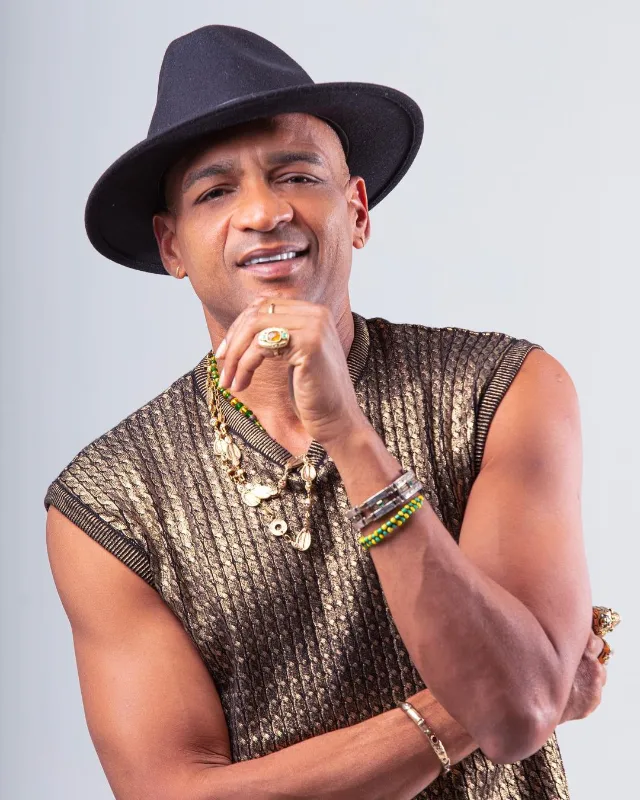Descemer Bueno is a Cuban musician, composer and producer who is essential for the jazz, Latin pop, world music and urban music scenes. He was born in Alquízar, current province of Artemisa in 1971, and studied at the Manuel Saumell and Amadeo Roldán conservatories in Havana. His career as a professional musician began as bassist for singer-songwriter Santiago Feliú, with whom he recorded some of his most important albums. In the 1990s he founded the band Estado de Ánimo with Roberto Carcassés and Elmer Ferrer and, some time after the band split, they reunited to form another lineup called Columna B.
Living in New York, years later, the effervescent Bronx scene impressed him and, together with Andrés Levin, Xiomara Laugart and Cucú Diamantes, he co-founded Yerba Buena; band that would record—under the musical direction of Tato Torres—four albums between 2003 and 2007, all loaded with notable Caribbean influences of reggae, rap, and funk.
In Cuba, Descemer Bueno released his first solo album, Siete Rayo (Universal Music Latino, 2005), which combines Afro-Cuban rhythms, reggaeton, calypso, reggae, cumbia and rap. Since then he began to be acclaimed as a producer and composer, not only for great musicians but also for cinema. His compositions have been recorded by important artists such as Ana Torroja, Thalía, Diana Fuentes or Fonseca. His song “Lloro por ti,” recorded by Enrique Iglesias, received the ASCAP award in 2009 and 2010. In 2011 he won the Grammy in the Latin Song of the Year category for “Cuando me enamoro,” performed by Enrique Iglesias and Juan Luis Guerra. Three more Latin Grammys would be added to his long list of awards with the song “Bailando,” featuring Enrique Iglesias and Gente de Zona, whose success surpassed any prediction, currently passing 3 billion views on YouTube and winning awards in the categories of Song of the Year, Best Music Performance Urban and Best Urban Song.
His discography also includes the albums Amor y Música (Descemer Bueno, 2007) with Kelvis Ochoa, Bueno (Descemer Bueno, 2012), and La Habana de noche (Glosspop Music / Bueno Entertainment, 2020), his most recent album; in addition to famous singles such as “Súbeme la radio”, “Quisiera Volver”, “Nos fuimos lejos” and “Posa”





